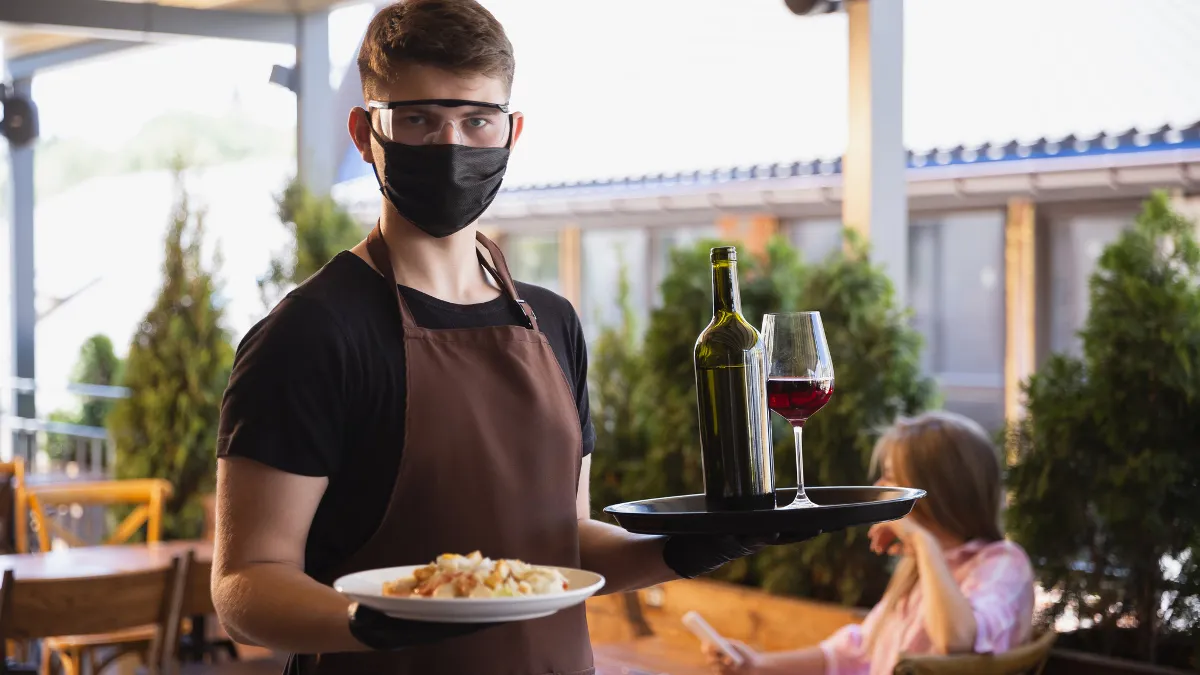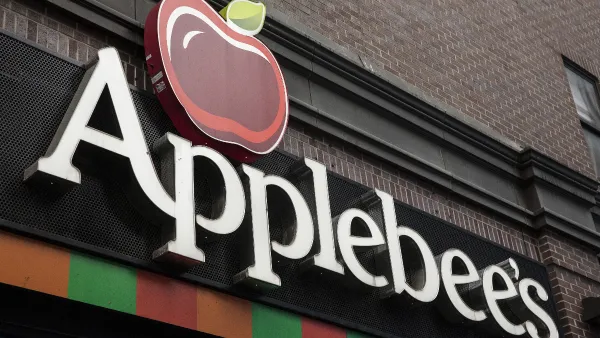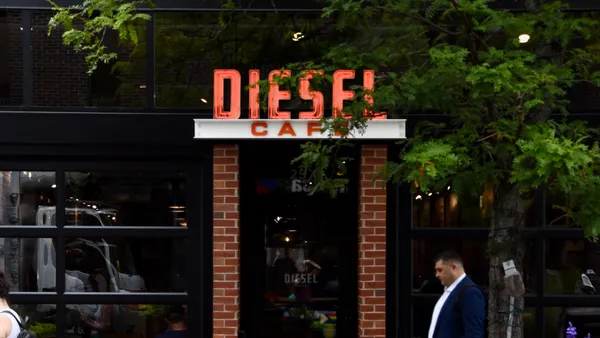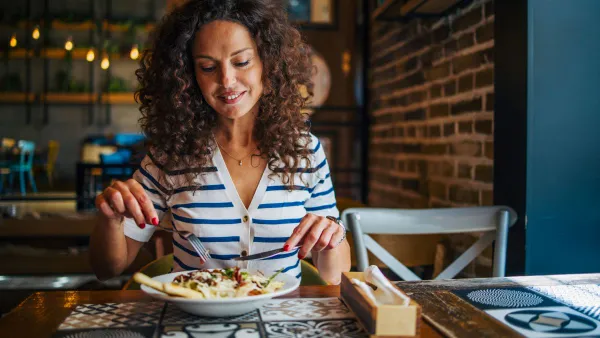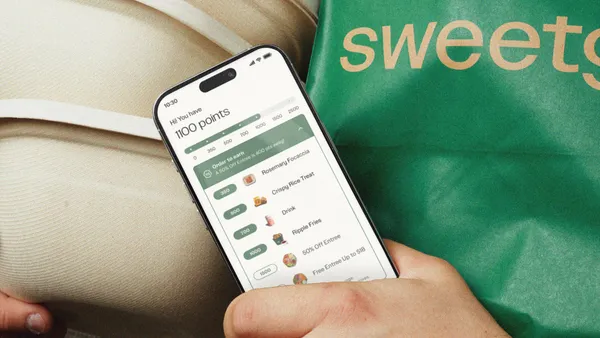Dive Brief:
- More consumers are opting to dine in-person amid fewer COVID-19 restrictions, while 29% plan to decrease their delivery app usage in the coming months, according to a survey of 1,000 U.S. consumers from Next Insurance emailed to Restaurant Dive.
- In the past 90 days, 71% of consumers went out to eat and sat inside a restaurant, while 32% said they ate at a restaurant but sat outside.
- Local, non-chain restaurants may be experiencing a boost from this shift. In the past three months, 27% of consumers have dined at a local restaurant. Seventy-two percent of respondents have spent money on local restaurants, and 65% say they feel better about buying from a local restaurant than from a chain.
Dive Insight:
Next Insurance's survey indicates consumers are intentionally choosing mom-and-pop restaurants after a tumultuous two years, in which nearly 80,000 establishments shut down for good.
More than half of respondents (54%) had a favorite restaurant close during the pandemic, but 94% plan to try new local restaurants in their communities. This support is driven in part by pent-up demand as COVID-19 restrictions disproportionately affected full-service restaurants. As of 2019, over 60% of independent restaurants were full-service, according to CHD Expert.
The independent sector has been losing market share to chains for at least the past 10 years, but that trend accelerated in the pandemic as small restaurants weren’t as well capitalized to survive such a crisis.
But the crisis put a spotlight on the vulnerability of small businesses, causing consumers and some competitors to ramp up their support. Domino’s, for instance, launched a campaign to help independent restaurants by giving away their gift cards. DoorDash launched a service to provide cash advances to small businesses to pay for expenses.
The survey suggests independents may be on a path toward recovery, however. The NPD Group reported the number of independent restaurants grew by 1% in 2021, with visits up 12%.
"This survey ... highlights a positive trend in consumer behavior — people's willingness to proactively support local dining establishments," Suzanne DuFore, director of research at Next Insurance, said in a statement. "As many Americans are feeling more comfortable returning to daily activities, we’re excited to see the ripple effects it will have on small businesses all around the country.”
Still, much of the sector continues to struggle with challenges like inflation and higher labor prices. Earlier this month, the Senate failed to pass a refill of the Restaurant Revitalization Fund, which could put many small restaurants in a financial bind. In the absence of a refill, the Independent Restaurant Coalition predicts over 50% of independent operators could close within six months.


